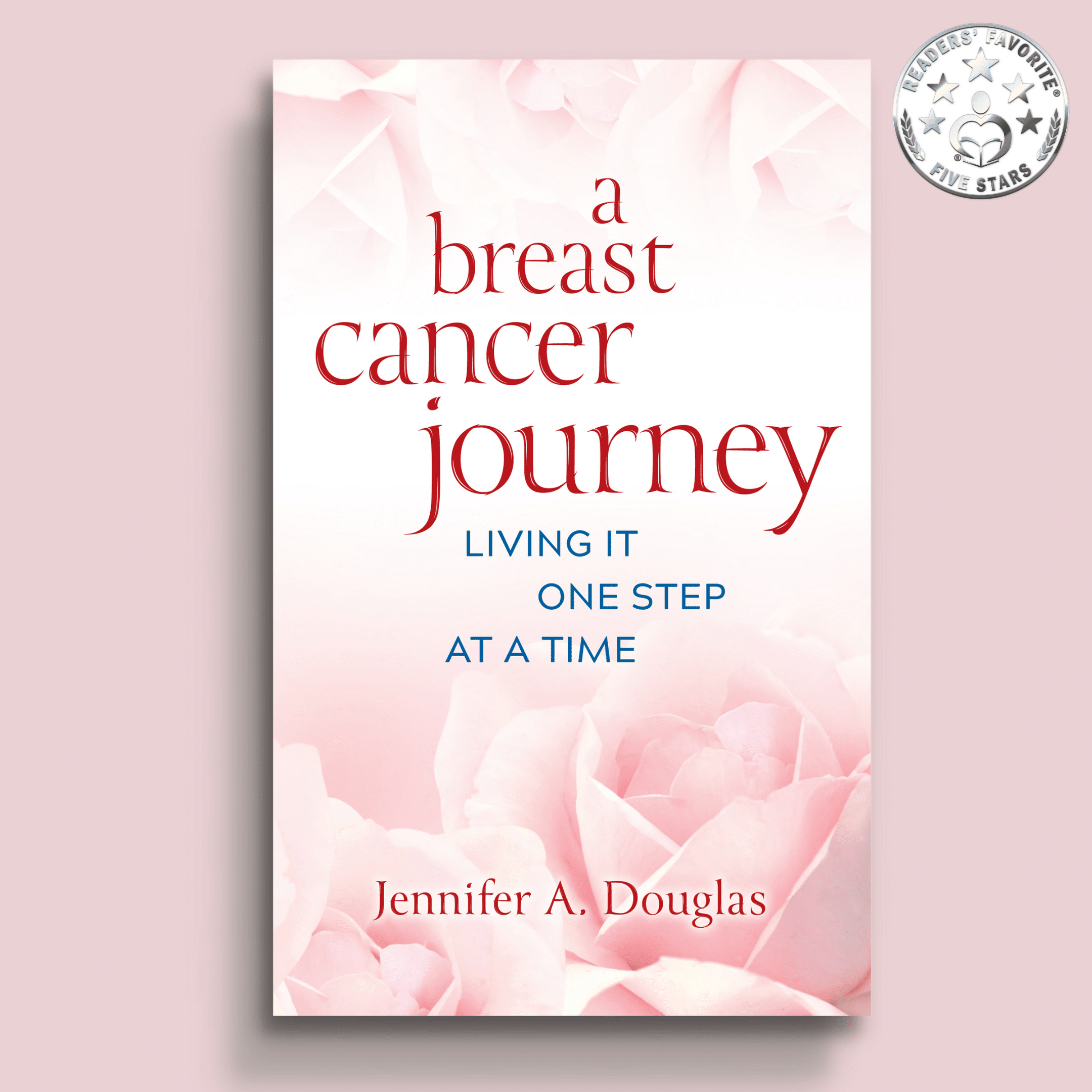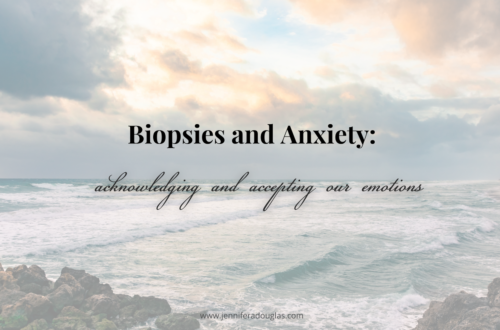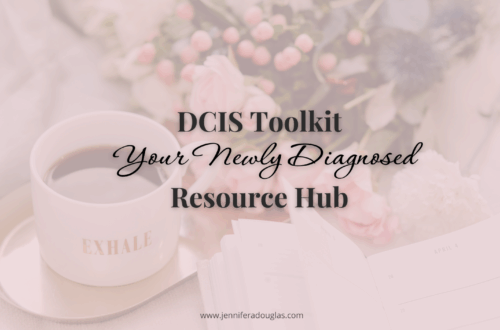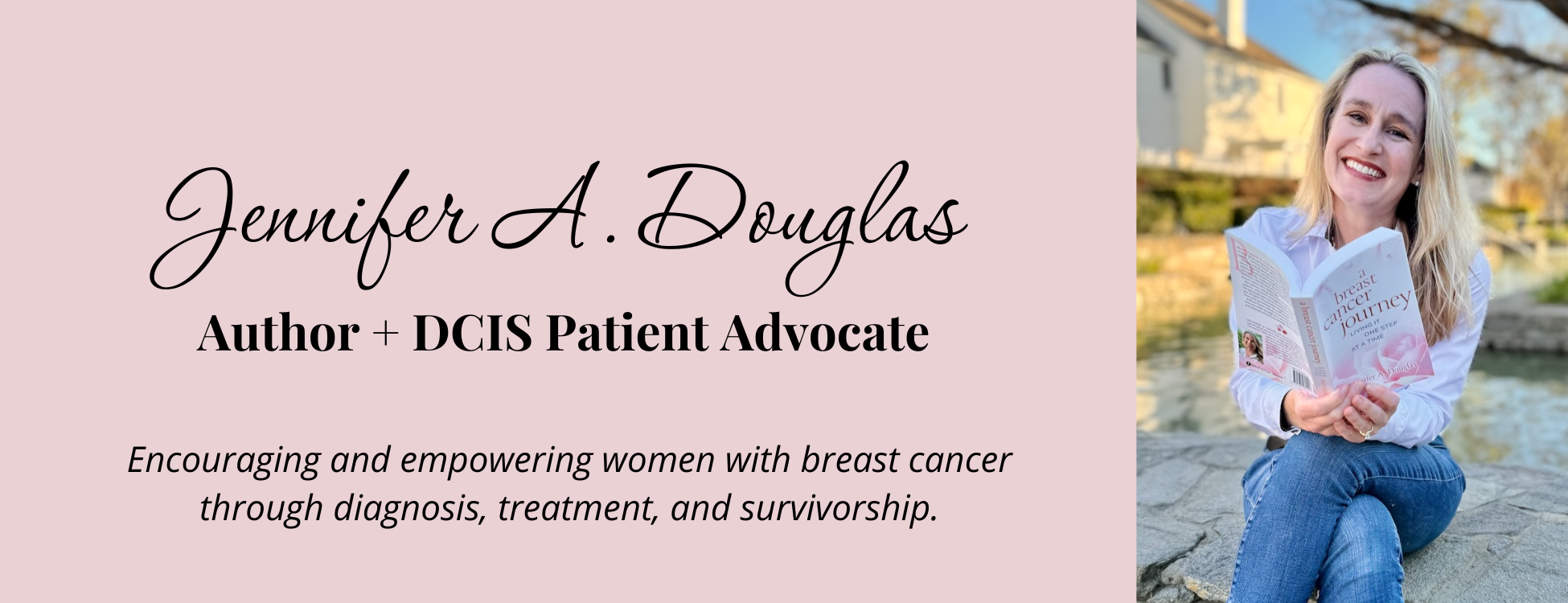
Just Stop It! Eliminating the word “Just” in Patient Communications
Just is a four-letter word that ought to be eliminated from patient-practitioner communications. Completely. Just minimizes our individual experiences, implies our emotions aren’t valid, and makes it easier for the speaker but harder for the receiver.
It’s “just” a mammogram. We “just” need to do one more ultrasound. It’s “just” a biopsy. It’ll be “just” one more day until we get your results. Oh, it’s “just” DCIS. We “just” need to do a localization. It’s “just” a little pinch. Oh, it’s “just” an outpatient surgery. It’s “just” a few minutes for each session of radiation. You’ll be “just” a little fatigued.
Just stop it!
The World of Cancer Care, and When I Learned to Hate the Word “Just.”
As a patient embarking into the unknown world of cancer care, I went from imaging appointments, biopsies, surgical appointments, localizations, and blood tests. My days, which were once filled with homemaking and education, were now lived in the medical world. For months I was immersed in a land of unknowns. I was facing procedures I’d never been through in unfamiliar locations. My husband was often in the waiting room while I dealt with the biopsies and procedures. I was vulnerable and alone. I was frightened. There was no “just” about it. Every procedure had the real possibility of changing my life forever.
The more procedures I endured, the more I wanted to scream whenever someone used the word just in a sentence. There I was, in a paper gown, by myself, enduring yet another appointment. There was no “just” about it. Our world was on fire, and this biopsy could be the one that turned it from a small house fire to a full-blown forest fire. “It’ll be “just” a little sting” meant the start of a procedure that terrified me. The burning sensation in my breast, as the anesthetic took effect, was one step in a process that might determine the course of my life.
Am I being just a little too dramatic?
Is this just a little too raw?
Welcome to the inner world of this cancer survivor.
I’ve been down this path already. I’m no stranger to the next steps.
I never get to go in “just” for a mammogram anymore. When I walk into that room, the emotions hit me, my chest tightens. As the tech places the tape on my surgery scars, I remember my first mammogram in that room. This was the room and the same machine used to find my DCIS. I breathe deeply, and will my heart rate to go down. I know I need to persevere and continue doing the imaging because the alternative is also life-altering.
Three Reasons to Remove Just from Our Speech
There are many reasons to eliminate the word just in our day-to-day communications. While I focus on my patient perspective here, there are other places in our speech when “just” minimizes who we are and what we bring to the table.
1. Just Minimizes our Individual Experiences
We all come into our appointments from profoundly different situations. While we may check in to the same desk, sit in the same chairs, walk through the same doors, and see the same doctors, we are not the same. What may be easy for me may be anxiety-producing for you.
I remember sitting in the interior waiting room for one of my biopsies. Around me were other patients. Some were there for their annual mammograms, others for additional imaging, and then there was me. I was there because my MRI had shown some findings that hadn’t been detected through ultrasound and mammography. I already had a DCIS diagnosis, and these biopsies had the potential to change my treatment plan. I’d fainted for my first biopsy and had no idea how these would go.
As the other patients worried about whether the imaging might be cancer, I sat there, wondering if I should share what might be in their future.
We all had different lived experiences. I could easily begin to think that while some of them were there “just” for imaging, and I was there for a biopsy, it was much more reasonable for me to be anxious.
But was that really the case? I had no idea what experiences led them to that waiting room or their emotional state.
Using the word “just” minimizes our individual experience and limits our ability to connect.
It isn’t “just” a mammogram—or “just” a biopsy. What may be commonplace to do in an imaging center may bring back uncomfortable experiences to us.
Our individual experiences matter.
2. Just Implies that Our Emotions aren’t Valid.
In 2022, my imaging revealed something that needed to be biopsied. As I sat in the ultrasound room, I relived the trauma of breast cancer. When the radiologist said I needed a biopsy, I knew it was much more than “just” a biopsy. It was not “just” a precaution. Finding out I needed a biopsy sparked fear, anxiety, and a flashback to the emotional challenges of 2019.
I don’t know if my care team used the word “just” in the conversation. But I do remember the team trying to talk me through the future procedure in the hopes of easing my anxieties. I stopped them in their tracks. I ensured they understood that I had been through the procedure before and had many emotions surrounding biopsies. I’m well aware of the importance of biopsies in the diagnostic process, but that knowledge does nothing for my feelings. There was no “justing” me out of my shock. The emotions were real.
There was nothing they could do at that moment to ease my stress. I would feel that stress until I talked to my surgeon, and he agreed I needed that biopsy. And then, I would have to go through the biopsy procedure again and wait for the results. Again.
“Just” a biopsy doesn’t exist for me. Not only is the procedure difficult for me to endure while awake (don’t get me started), but the anxieties leading up to and after are no walk in the park for me. My sleep is disturbed, my stomach goes into knots, and my temper is short.
What may be a simple next step to order in the diagnostic process may spark challenging emotions for us. In those moments, when we learn that our lives may be changed, the feelings are real. While the medical team may know that a certain percentage of biopsies come back benign, the statistics don’t matter to us. What does matter are our feelings and how we process this unexpected news.
Our emotions matter. The word “Just” doesn’t help us feel any less anxious.
3. Just Makes Words Easier for the Speaker and Harder for the Receiver.
When the word “just” comes out in a medical setting, it is often spoken by someone responsible for orchestrating my care. It could be a tech, a nurse, a surgeon, an oncologist, a radiologist, or an office staff member. My care team talks to hundreds of patients. They see a range of people with all kinds of conditions. They have seen such a tapestry of health that it makes sense for them to triage, perhaps in situations where triage isn’t a necessary part of the job.
A radiologist who orders a biopsy may order ten a day. It is routine. My biopsy may be yet another one on the list. It is a vital part of their practice, and whether I want to admit it or not, sometimes I truly am another patient who “just” needs a biopsy to double-check a finding.
That may be the case, but when I hear the word “just” in front of a procedure that has been difficult for me to deal with, it makes it much harder to listen to the rest of the sentence.
Just doesn’t make it easier for me to cope with it.
Just doesn’t make it easier to hear the words.
Receiving news like that, couched in “just,” cuts deep. Because what if it feels awful to receive that news? To me, it isn’t “just” DCIS. It means that I’m a cancer patient. It means that I can’t get life insurance. It means I have to live with the fear of recurrence for the rest of my life.
Just doesn’t make it easier to deal with the next steps.
Just may make delivering news easier for the speaker, but it doesn’t help the receiver.

Because it's not "Just" DCIS
Whether you are dealing with an abnormal mammogram, a future biopsy, or a breast cancer diagnosis– you’ll find encouragement inside the pages of “A Breast Cancer Journey”
It’s never “Just” Stage Zero.
How does the Cancer Community feel about "Just"?
While ideating on this piece, I wondered if I was the only one who felt this way about the word “just.”So, I reached out to the Cancer Twitter family (and yes, I’m still on Twitter at the time of writing this.)
The responses didn’t disappoint. Read them all here.
Among the responses I received before publishing this post:
- @PegCochran: There are “just” a few side effects. “Just” a little discomfort. The doctor will be with you in “just” a minute. (link)
- @DrKarenPinder: It’s “just” another surgery. Can’t count the number of times I was told that! (link)
- @snowangelmrsp “Just stay positive, that’s the one that always made me cringe” (link)
- @Suzieq2021: “It’s just two tumors
It’s just a mastectomy
It’s just COVID
It’s just we don’t have access to operating theatre’s
It’s just a six-month delay
It’s just chemo
It’s just immune therapy
It’s just an estrogen inhibitor
It’s just joint pain
It’s just cancer
It’s just shit” (link) - @ShehasMBC: The word “Just” : 1) Marginalizes an issue. 2) Excuses bad behaviour. 3) Negates an apology . (link)
- @SocialObGyne “It’s just tamoxifen” (ugh)
“It’s just for 5 years (of tamoxifen)”
“It’s just a biopsy” (but 14 passes on my thyroid)” (link) - @double_whammied: They’re “just” breasts! It’s “just” hair! Ugh. (link)
- @ CancerCanuck: “Just” minimizes everything it’s attached to. Every. Time. (link)
- @tambreleighn: 🎯 I find ‘just’ is typically an indicator of ‘I have not taken the time to thoughtfully consider the full scope and impact of the information I am sharing or the task I am asking you to do’. It lacks empathy 🙄 (link)
- @AMJohntson1315: Just” some musings on chemo brain and yet another thing we lose after a cancer diagnosis (see what I did there @mmejendouglas!?). (link) Read her referenced article here.
There are many more responses to my original tweet, so make sure to read through the entire thread. It is enlightening to see how this one word has sparked such conversation.
"Just" another Blog Post? What do we do?
So, is this “just” another blog post? Well, it could be, or it could be a call to action for us.
As you embark on your day-to-day conversations, think carefully about the words you choose. I know I’m tempted to use the word “just” in an uncomfortable conversation.
As I was finishing up this article, I had an interaction with a loved one about a challenging situation. Having been through something similar, I wanted nothing more than to be able to diffuse the emotion in the room. I actually caught myself before I used the word “just.” Using the word in that situation would have made it easier for me to cope, but no easier for that loved one.
So, I leave you with this. Don’t use the word “just” to minimize emotions or situations.
Just stop it.
Jennifer Douglas
Jennifer Douglas is an author, patient advocate, and DCIS breast cancer survivor. After navigating her own breast cancer journey in 2019, she began writing and encouraging others who were newly diagnosed. Her resources include her book, "A Breast Cancer Journey: Living It One Step at a Time," and her online support course, "Encourage: Breast Cancer and Beyond." Jennifer also actively supports patients through her online presence and direct involvement in communities and support groups, offering guidance and encouragement every step of the way.


You May Also Like

Breast Biopsy: Preparation and Recovery
October 27, 2020
Biopsies and Anxiety: Acknowledging and Accepting Our Emotions
August 10, 2023
